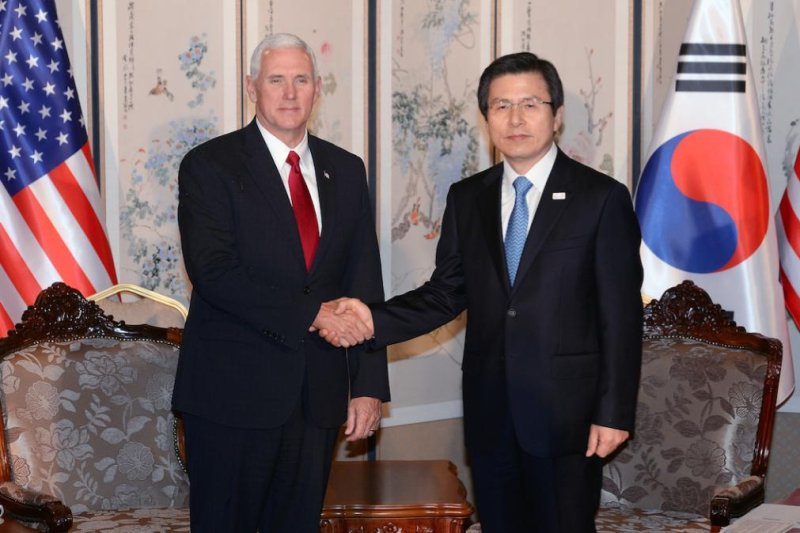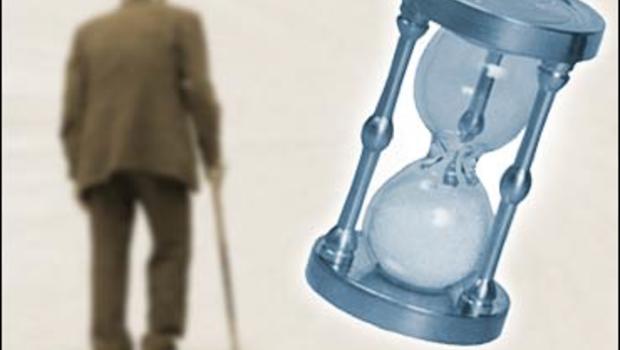
Pence Speaks about Revising US-Republic of Korea FTA, Korea Needs a Strategy
(South Korea) on 18 April 2017
by (link to original)
The Trump administration’s perception of KORUS FTA is that “it doesn’t work for the American working class’ benefit or America’s economic growth.” President Trump even went so far as to call it a “job-killing disaster” while he was running for office. His reasoning is based on the trade deficit. The United States Trade Representative’s report on last month is also reflective of this. The USTR pointed out that from 2011, which was one year prior to the enactment of the KORUS FTA, to last year, America’s exports to South Korea declined by $1.2 billion, while imports from South Korea increased by $13 billion. They also found the market openness of Korea’s medical, financial, legal and service fields to be lacking.
That is not to say the U.S. only lost in the KORUS FTA deal. In a recent report, the United States International Trade Commission offered its analysis that, “had KORUS FTA not been enacted, South Korea would have seen an even bigger surplus in balance of trade than the U.S.”* Furthermore, during this period, South Korea’s trade deficit in the service sector widened. What was once a $10.97 billion deficit is now a $14.09 billion deficit: an increase of 28.4 percent. The amount of direct investment made by Korean businesses in the American market also more than doubled compared to its American counterparts. Additionally, the market share of American-made vehicles in Korea’s automobile sector doubled as well over the five-year period. We are not exactly without cause should the discussion come to be.
Once the KORUS FTA renegotiation begins, America will likely demand fewer tariffs for American goods and more tariffs for Korean goods. America will also demand a more open market for the agro-fishery, legal and service sectors, where they are more advantageous. Korea cannot remain defensive anymore; we need to be more proactive in our response. We can ask for an increased opening of the American market during the negotiation process. For instance, we may gain a new market in the energy sector, which the existing KORUS FTA does not cover. With the profit-balance as our weapon, we have to demand what we have to. If we must sit down at a negotiating table with Trump, we must do so with our own KORUS FTA strategy and our own KORUS FTA model.
*Editor's note: The original quotations, while accurately translated, could not be verified. KORUS stands for the U.S.-Korea Free Trade Agreement, or the KORUS FTA.


